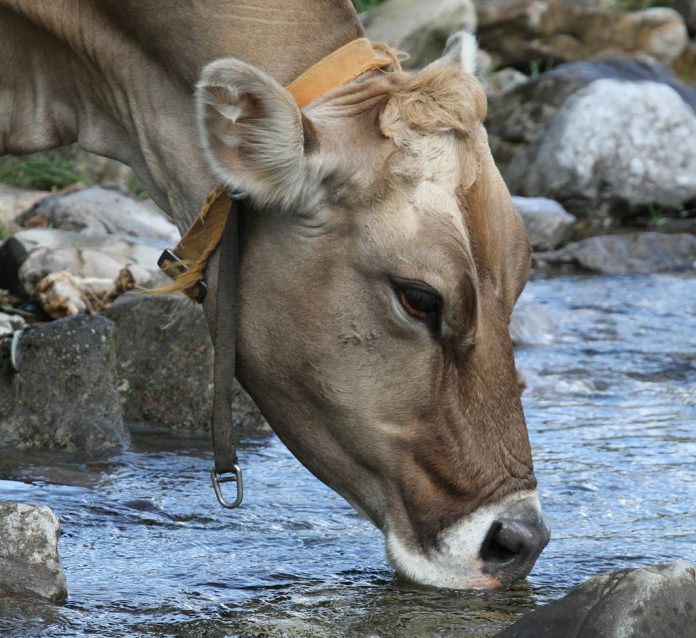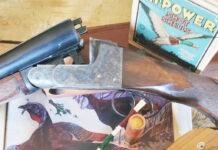Well, it seems as though winter is finally here, believe it or not, after such a warm fall.
How much of a winter we are in for remains to be seen. Although water conservation is a year-round concern for the folks at your local SWCDs, for most individuals it is mainly thought of during the spring through fall.
Winter water conservation efforts, however, are just as important as they are during our other seasons here in the Midwest/Northeast. For example, if you own stock, you know that winter time will see cows’ and horses’ water needs increase.
Animals expend more energy combatting the cold and as a result, they eat more to stay warm. With increased food intake, their water needs go up.
Winter water concerns affect not only our agriculture constituents but also our urban constituents.
Tips to follow
Here are some tips to help you this winter with your water conservation efforts:
- The easiest way to ensure that your pipes will not burst or freeze is to let the faucets drip on the coldest days of the year. A good conservation practice is to collect this water and utilize it elsewhere: watering plants, flushing toilets, or in the washing machine.
- Insulate your pipes that may be exposed to the elements or below freezing temperatures. Many DIY pipe insulation kits can be easily obtained at your local hardware store.
- This next method may be a little extreme, but still, a good conservation minded effort: When you take a shower, it will usually take the shower water longer to heat up due to the coldness of the pipes. Therefore you can leave a bucket in the shower to collect this additional water for other uses (as mentioned above).
- Know where your shut off valve is located. This is important to know, as it can save you a lot of headaches should you ever need to shut the water off to your house/barn. It’s good to also know where your shut valves are located for other utilities.
- Check for leaks often and especially in the early spring after the first thaw (hopefully we are cold enough this year to have one). It’s also a good idea to look around to notice any damp spots where there shouldn’t be. More times than not, this can lead you to a potential or existing problem.
- Disconnect outside hoses and walk them out to ensure they are drained and able to be used the next time needed and not froze (along with the spigot) this is especially a good note for our agricultural friends. (This I know first-hand, the wife does no appreciate yards of a garden hose laying on the floor in order to heat up and melt the ice, with the overflow leaking onto the floor).
- I personally keep a butane torch handy (with a spare tank on hand) this time of year. It can be used around the farm this time of year for a variety of chores; melt ice, thaw hoses and spigots, and unthaw locks.
- Be aware of where you begin to pile your snow, as thawing and freezing will make these piles like concrete. Towards the end of the winter season, these piles can become large and impede the normal operating functions of gates and door.
- If you’re going to use a heater for your water troughs, the submersible versions offer an advantage over the floats, as stock tend to investigate the floats causing problems vs. the submersible version which is out of sight and out of mind.
Provide shelter
Shelter, even from the wind, can be very beneficial. One idea which I personally witnessed in South Dakota, which we used in Oklahoma, was that of the L-shaped pattern of semi-trailers with their wheels knocked off so they laid flat on the ground.
With the L-shaped pattern, stock was able to stay out of the wind, no matter which direction it came from. The participation was cut down due to wind current, but not totally taken out of the equation.
Get involved
I urge each of you to reach out to your local SWCDs, to see what programs they have in place or upcoming that may be beneficial to your particular interests. If you are interested in becoming involved in your local SWCD, each district has regular board meetings that the public is welcome to attend.
Be sure to check your local district’s time for their particular schedule.
Here in Mahoning County, we welcome any of you who may be interested in two upcoming events: a wildlife behavioral forum on Jan. 20, and an aquatic pond clinic slated for March 24.
Call the office to RSVP for each event.














Thank you for sharing some tips that can help us in conserving Water